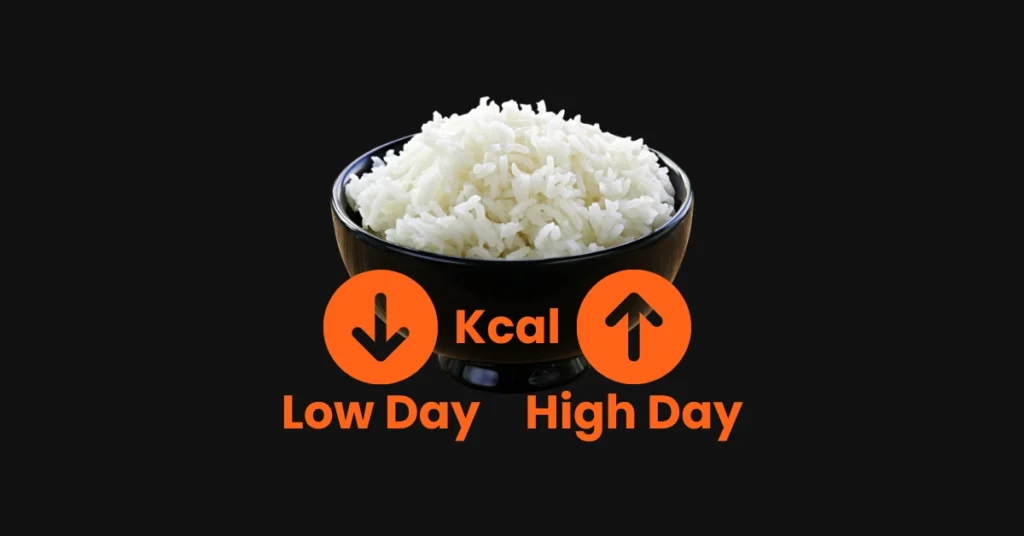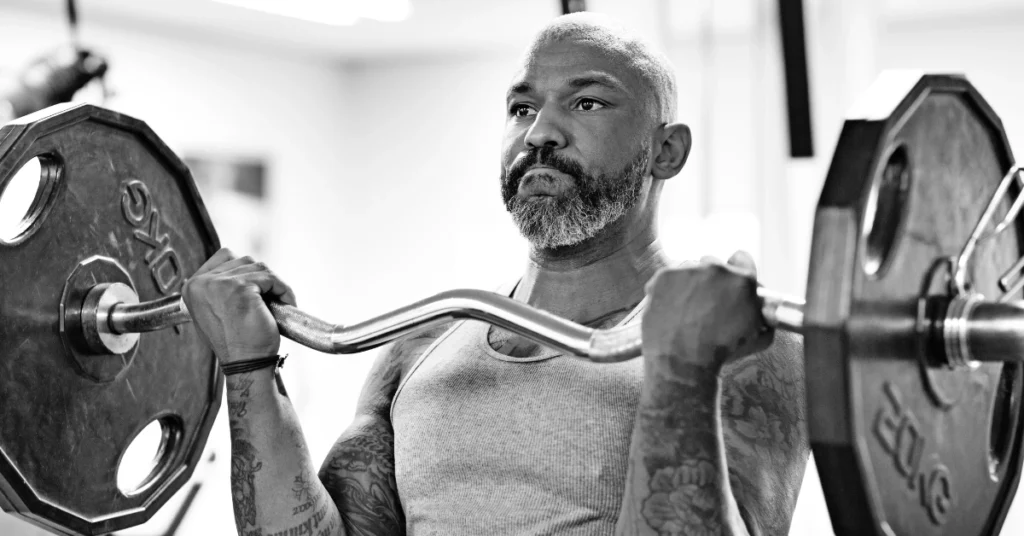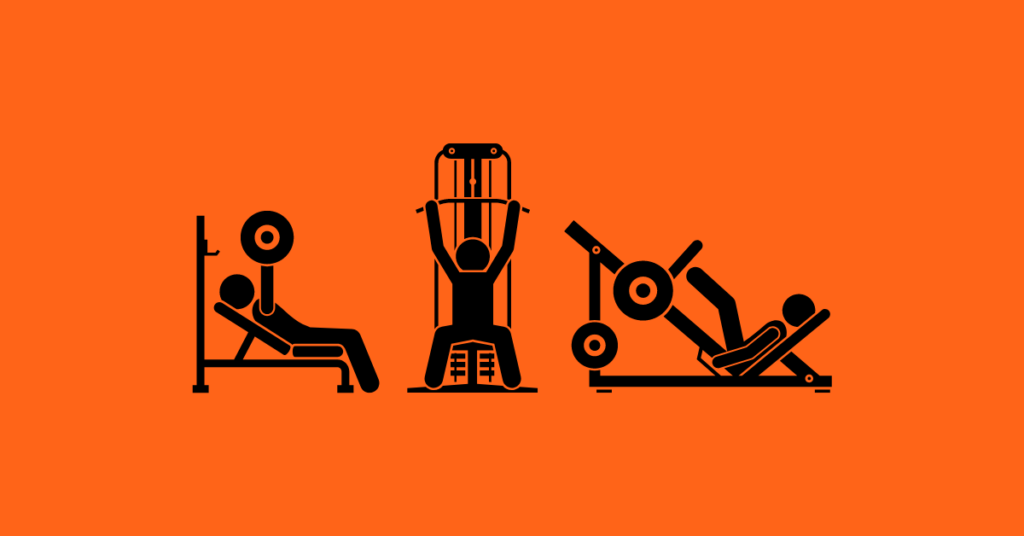How to stay in shape over christmas
key takeaways
The Christmas period is a great time of year, however, it is not always great for our health and fitness goals, especially if we have body composition goals and have been working hard to achieve them throughout the year. The good news is we can mitigate some of the potential downsides of the festive period by implimenting certain lifestyle strategies. A little planning can go a long way, and will allow us to enjoy the festive season without being overly restrictive with things like food selection. Here are some useful strategies for how to stay in shape over Christmas.
diet
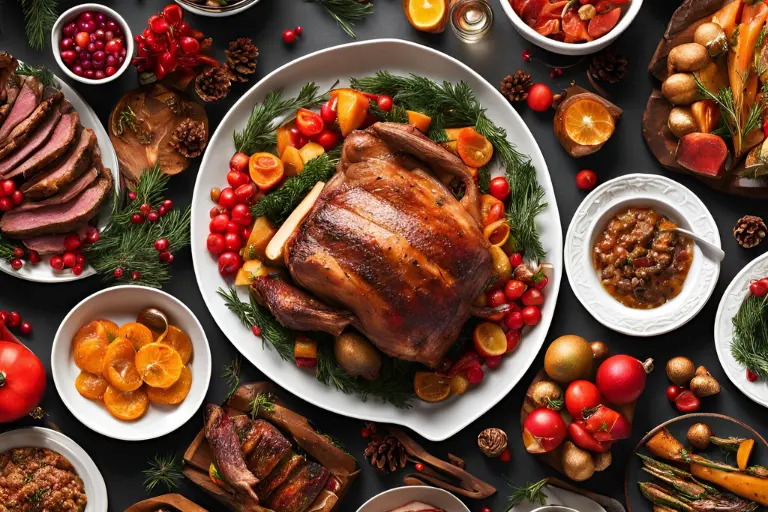
One of the biggest differences between the festive period and other times of the year is peoples diet. This usually comes in the form of different food choices, and more often than not more processed foods. These types of foods usually contain more calories than whole foods. They are highly palatable, and less satiating in general, meaning we can over consume calories pretty easily. This is often combined with an increase in alcohol consumption, and a decrease in daily activity, resulting in a little or more than a little weight gain for some people.
The good news is we cannot do too much damage over a short period of time, if we are at least somewhat sensible. We can still enjoy the Christmas period and have a little extra freedom in our food choices. Here are some strategies you can use to mitigate any potential weight gain as much as possible, without being overly restrictive with your food choices.
Pay Attention to food quality
Although there is often an abundance of highly palatable processed foods around at Christmas, we can still choose some healthier nutrition options. Filling up on whole foods before moving onto other types of food can be a good idea. Of course we do not want to be tracking over the Christmas period, simply aim to fill your plate with at least 50% to 60% healthier options, and eats these foods first.
Get Your Protein In First
It is still a good idea to keep your protein at least somewhere near your usual daily target if possible. To do this you can try to base your meals around protein just as you normally would. One way to increase your hunger levels which can lead to overeating is a low protein diet. This combined with an abundance of high calorie high fat foods is a recipe for weight gain. Get a good fist sized serving of protein in with each meal, and choose leaner sources if possible.
Reduce your meal frequency
Reducing your meal frequency can be a good option for controlling your calorie intake. We do not always recommend an intermittent fasting approach to eating for everyone, however, it can be a useful tool to use, and one of the best times to use intermittent fasting is over the festive period. Consuming fewer meals throughout the day can allow those meals to be larger and higher in calories. This will likely be the case at Christmas anyway. Your daily calories will be lower when eating this way compared to if you eat multiple meals throughout the day.
We wouldn’t recommend a strict fasting and feeding period here. A good option is to just skip breakfast, aiming for 2 meals throughout the day. A useful set up for the Christmas period could be to skip breakfast, have a small lunch of mostly protein with a little carbs and fat, and save the majority of your calories for later in the day. This can prevent you from eating at a calorie surplus which will lead to weight gain.
Be aware of fatty Foods
Dietary fat has over double the amount of calories per gram compared to protein and carbohydrates. This makes foods that contain higher amounts of dietary fat one of the main culprets behind excessive calorie consumption, resulting in weigh gain. It is far easier to consume large amounts of dietary fat, and therefore calories from fatty food, even if food volume is low, compared to foods that are predominantly protein or carbohydrates. Dietary fat is also the easiest macronutrient for our body to store.
Go easy on the Alcohol
It goes without saying that increasing your consumption of alcohol to any large degree will significantly increase your overall calories, especially if you are drinking higher calorie options such as beer. This combined with an increase in calories from food is a recipe for weight gain, if done in excess. We are not saying you should avoid some festive drinking altogether, however, a little moderation can go along way in preventing excessing weigh gain over the Christmas period. In general, spirits contain the fewest calories with vodka being top of the list. Gin and Tequila are also good options. Drinks such as white wine are lower in calories than red wine.
Lifestyle

It goes without saying that your normal daily lifestyle and routine may be a little different over the festive period. Some daily habits you may have implemented may have to be relaxed somewhat over the Christmas period. The main thing we recommend you maintain, at least to some degree, is a certain level of daily activity. The worst thing we can do is consume extra calories and dramatically reduce the amount of daily activity we perform. We do not necessarily mean exercise here, we are simply talking about general daily activity, and not being completely sedentary.
Get some steps in each day
One of the simplest and easiest ways to increase or maintain some degree of daily activity is of course walking, and this is something we recommend all year round as part of a healthy and balanced fitness lifestyle. Getting in a decent amount of daily steps can help mitigate any potential weight gain from consuming more calories than usual. You may not get your usual 10k steps per day, although you may be able to with some longer walks. Scheduling in one long walk per day is a good option, particularly after a large meal. Bottom line is, just do not sit on the couch for a week or more!
exercise

Exercise or the lack of it over the Christmas period is a concern many people have. They do not want to risk going backwards in their fitness journey, especially if they have been making good progress with their exercise routine. We find this belief to be unwarranted however. Reducing the amount of exercise you are performing, or even taking a complete break from structured exercise such as strength training will not effect your progress to any large degree, and can even be beneficial.
take a deload or rest week
Taking regular deloads or rest weeks can be beneficial, and timing them with the festive period is a great idea. The benefits of regular deloads or rest weeks and how often you use them will depend somewhat on your level of advancement, and things like age, stress levels, and how strong you are should be taken into consideration. With that said, it is likely beneficial for everyone to take 1-2 weeks off at least once per year.
With this in mind we recommend you use the festive period to implement a deload or rest week. We recommend a full rest week since most gyms will be closed anyway. You could even take 2 weeks off if you feel you need it, or combine a rest week and a deload week. To do this you would take a week off completely from the gym timed around Christmas week, followed by a deload week where you reduce training volume and/or intensity a little on your second week.
Cut your training back to maintenance volume
If you prefer to workout over the Christmas period and do not want to take a rest week, another option is to cut back on your training a little. In terms of training volume (sets per muscle group per week) we can maintain strength and muscle on a low amount of weekly sets. As long as we perform our sets at a high level of intensity, working at a close proximity to muscular failure, we can likely maintain on as little as 3-4 sets per week for a muscle group.
This is great news, and this also means we can adapt our training split a little for the festive period. Since we only need to perform a relatively small amount of weekly sets for each muscle group, we recommend performing a full body routine once or twice per week. Focus on your favourite heavy compound lift for each muscle group and throw in a little isolation work at the end and you’re good to go.
A simple minimalistic full body routine could look something like the following:
Perform some cardio
Performing a little cardio over the festive period can be a good idea, and can help burn a few extra calories, which may help minimize any potential fat gain from consuming a few extra calories over Christmas. We would not recommend anything too extreme. Performing some zone 2 cardio for 30-45 minutes one to three times per week could be a good strategy.
This lower intensity cardio works well with a deload or rest week, although you could perform some higher intensity cardio if you wanted to. Performing your cardio outside can also be a good option, allowing you to get some fresh air and clear your head a little, especially if you have been stuck inside most of the time. A festive run or cycle is a great idea.
New Year mini-cut
If you have implemented some or all of the above strategies, and still feel you have gained a little body fat over the Christmas period, a quick clean up in the new year can be a great idea. After a few weeks of indulgence most people are looking forward to getting back to normal and will often look forward to eating some healthier food and getting back on track. This can be a great time to drop a little body fat using a mini-cut. If you do this right you may even end up leaner than you were before Christmas!
As the name suggests, a mini-cut is a short period of dieting, usually 2-6 weeks in duration. Since we are only dieting for a short period, a mini cut can be fairly aggressive. The goal is to drop as much body fat as possible in a set timeframe. For most people we recommend you aim to loose around 1-1.5 percent of bodyweight per week. If you have a higher body fat percentage, greater than 25 percent for example, you could aim to loose up to 2 percent bodyweight per week.
If you would like help with setting up your initial macronutrient targets for a fat loss phase, you can download our free fat loss guide.
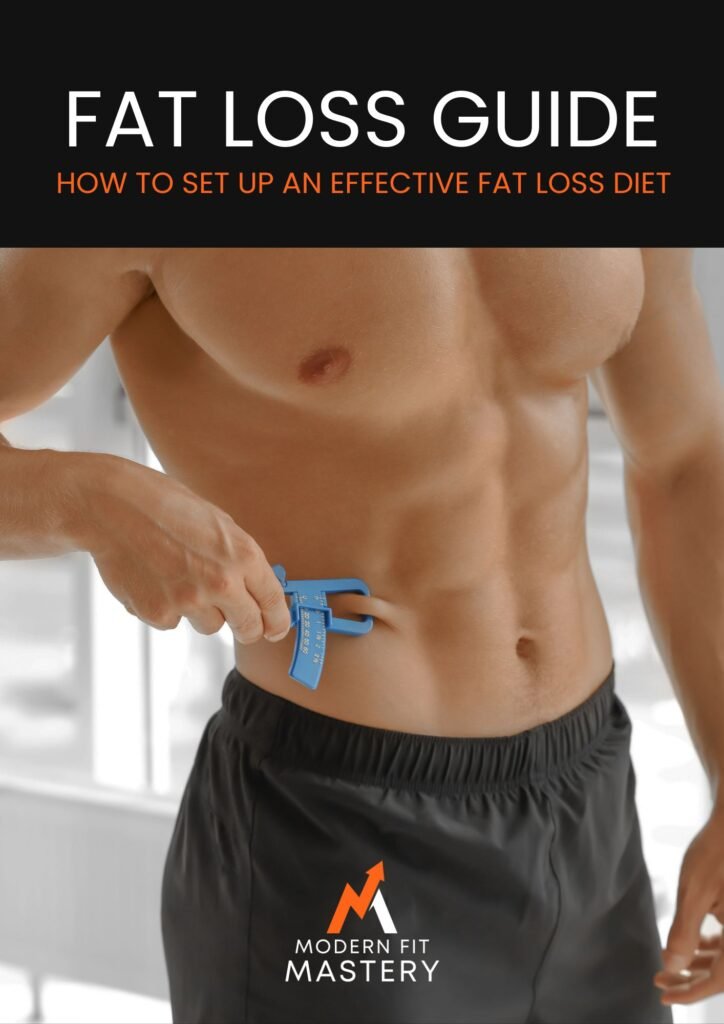
Conclusion
The Christmas period does not have to be too detrimental to our health and fitness goals. By implementing some or all of the above strategies, we can negate much of the potential risk of things like excessive weight gain, while still allowing for a little extra flexibility and enjoyment in our food choices over the festive period. If we are at least somewhat sensible, we cannot do too much damage over a short period of time, and any weight we do gain can easily be undone with a short mini-cut in the new year.
read more articles




